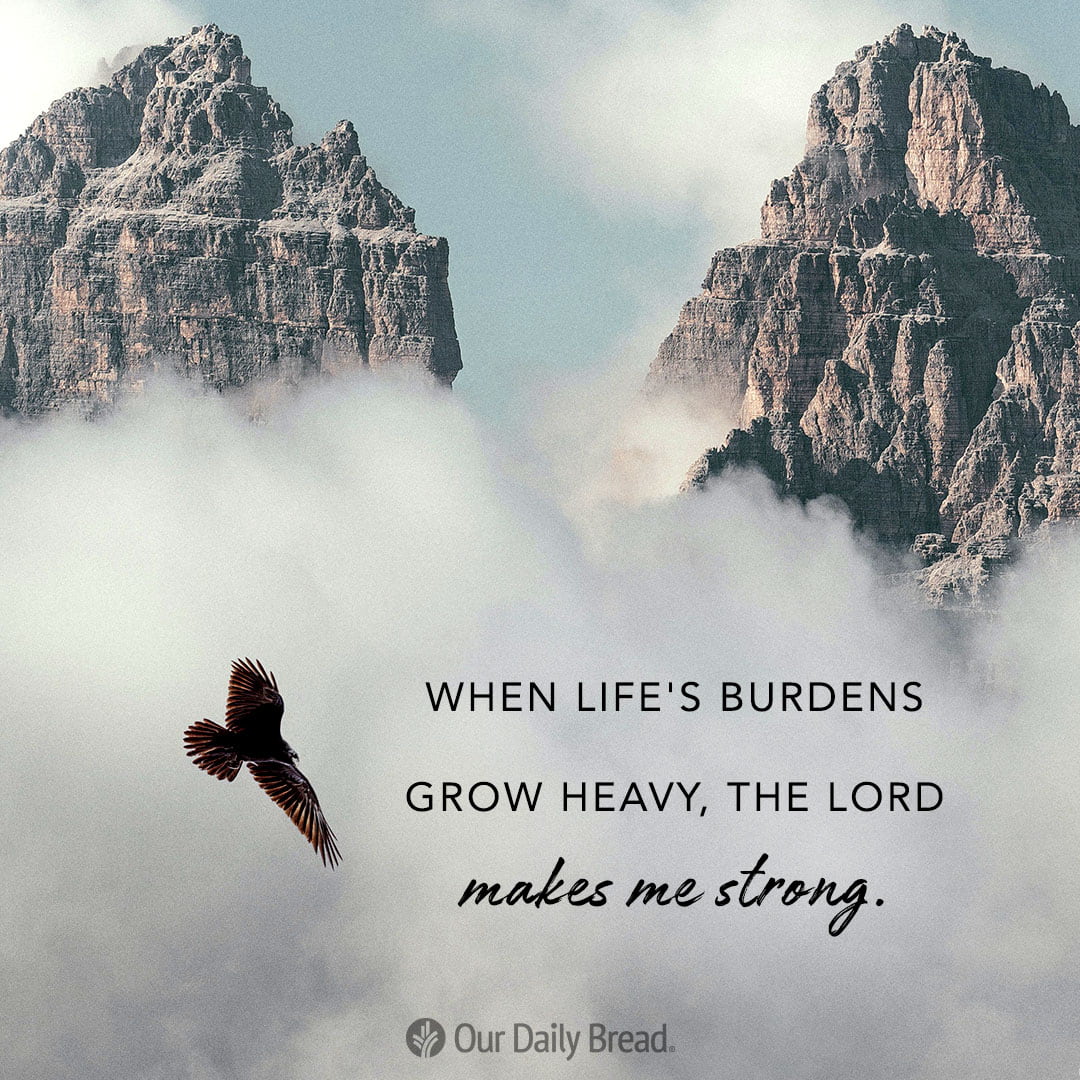Humility Is the Truth
Reflecting one day on why God values humility so highly, sixteenth-century believer Teresa of Avila suddenly realized the answer: “It is because God is the supreme Truth, and humility is the truth . . . nothing good in us springs from ourselves. Rather, it comes from the waters of grace, near which the soul remains, like a tree planted by a river, and from that Sun which gives life to our works.” Teresa concluded that it’s by prayer that we anchor ourselves in that reality, for “the whole foundation of prayer is humility. The more we humble ourselves in prayer, the more will God lift us up.”
Teresa’s words echo the language of Scripture in James 4, where James warned of the self-destructive nature of pride and selfish ambition, the opposite of a life lived in dependence on God’s grace (vv. 1–6). The only solution to a life of greed, despair, and constant conflict, he emphasized, is to repent of our pride in exchange for God’s grace. Or, in other words, to “humble yourselves before the Lord,” with the assurance that “he will lift you up” (v. 10).
Only when we’re rooted in the waters of grace can we find ourselves nourished by the “wisdom that comes from heaven” (3:17). Only in Him can we find ourselves lifted up by the truth.

Discerning Right Paths
One writer referred to Brazilian skateboarder Felipe Gustavo as “one of the most legendary skateboarders on the planet.” No one would have believed this would be Gustavo’s future when he was sixteen. Gustavo’s dad believed his son needed to pursue his dream of skating professionally, but they didn’t have the money. So his dad sold their car, and took his son to the renowned Tampa Am skating competition in Florida. No one had heard of Gustavo . . . until he won. And the victory catapulted him into an amazing career.
Gustavo’s dad had the capacity to see his son’s heart and passion. “When I become a father,” Gustavo said, “I just want to be like five percent of what my dad was for me.”
Proverbs describes the opportunity parents have to help their children discern the unique way God has crafted their heart, energy, and personality—and then to direct and encourage them toward the path that reflects who God made them to be. “Start children off on the way they should go,” the writer says, “and even when they are old they will not turn from it” (22:6).
We may not possess vast resources or profound knowledge. With God’s wisdom (vv. 17–21) and our attentive love, however, we can offer our kids and other children within our sphere of influence an immense gift. We can help them trust in God and discern the paths they can follow for a lifetime (3:5–6).

Strength to Let Go
Once known as the World’s Strongest Man, American weightlifter Paul Anderson set a world record in the 1956 Olympics in Melbourne, Australia, despite a severe inner-ear infection and a 103-degree fever. Falling behind frontrunners, his only chance for a gold medal was to set a new Olympic record in his last event. His first two attempts failed badly.
So the burly athlete did what even the weakest among us can do. He called on God for extra strength, letting go of his own. As he later said, “It wasn’t making a bargain. I needed help.” With his final lift, he hoisted 413.5 pounds (187.5 kg) over his head.
Another Paul, the apostle of Christ, wrote, “When I am weak, then I am strong” (2 Corinthians 12:10). Paul was speaking of spiritual strength, but he knew that God’s power was “made perfect in weakness” (v. 9).
As the prophet Isaiah declared, “[The
The path to such strength? Abiding in Jesus. “Apart from me you can do nothing,” He said (John 15:5). As weightlifter Anderson often said, “If the strongest man in the world can’t get through one day without the power of Jesus Christ—where does that leave you?” To find out, we can release our dependence on our own illusive strength, asking God for His strong and prevailing help.

Relinquishing Control to God
Picture a mighty oak tree that’s small enough to fit on a kitchen table. That’s what a bonsai looks like—a beautiful ornamental tree that’s a miniature version of what you find wild in nature. There’s no genetic difference between a bonsai and its full-size counterpart. It’s simply that a shallow pot, pruning, and root trimming restrict growth, so the plant remains small.
While bonsai trees make for wonderful decorative plants, they also illustrate the power of control. It’s true that we can manipulate their growth as the tree responds to its environment. But God is ultimately the One who makes things grow.
God spoke to the prophet Ezekiel this way: “I the
The world tells us to try to control our circumstances by manipulation and through our own hard work. But true peace and thriving are found by relinquishing control to the only One who can make the trees grow.

We Need Jesus' Help
The day finally came—the day I realized my father wasn’t indestructible. As a boy, I knew his strength and determination. But in my early adult years, he injured his back, and I realized that my father was mortal after all. I stayed with my parents to help my dad to the bathroom, assisting him in dressing, even guiding a glass of water to his mouth—it was humbling to him. He made some initial attempts to accomplish small tasks, but admitted, “I can’t do anything without your help.” He eventually recovered to his strong self, but that experience taught both of us an important lesson. We need each other.
And while we need each other, we need Jesus even more. In John 15, the imagery of the vine and the branches continues to be one we cling to. Yet one of the other phrases, while comforting, can also strike at our self-reliance, the thought that easily creeps into our minds: I don’t need help. Jesus is clear—“apart from me you can do nothing” (v. 5). Jesus is talking about bearing fruit, like “love, joy, peace” (Galatians 5), those core features of a disciple. To bear fruit is the life Christ calls us to, and our total reliance on Him yields a fruitful life, a life lived to the Father’s glory (v. 8).